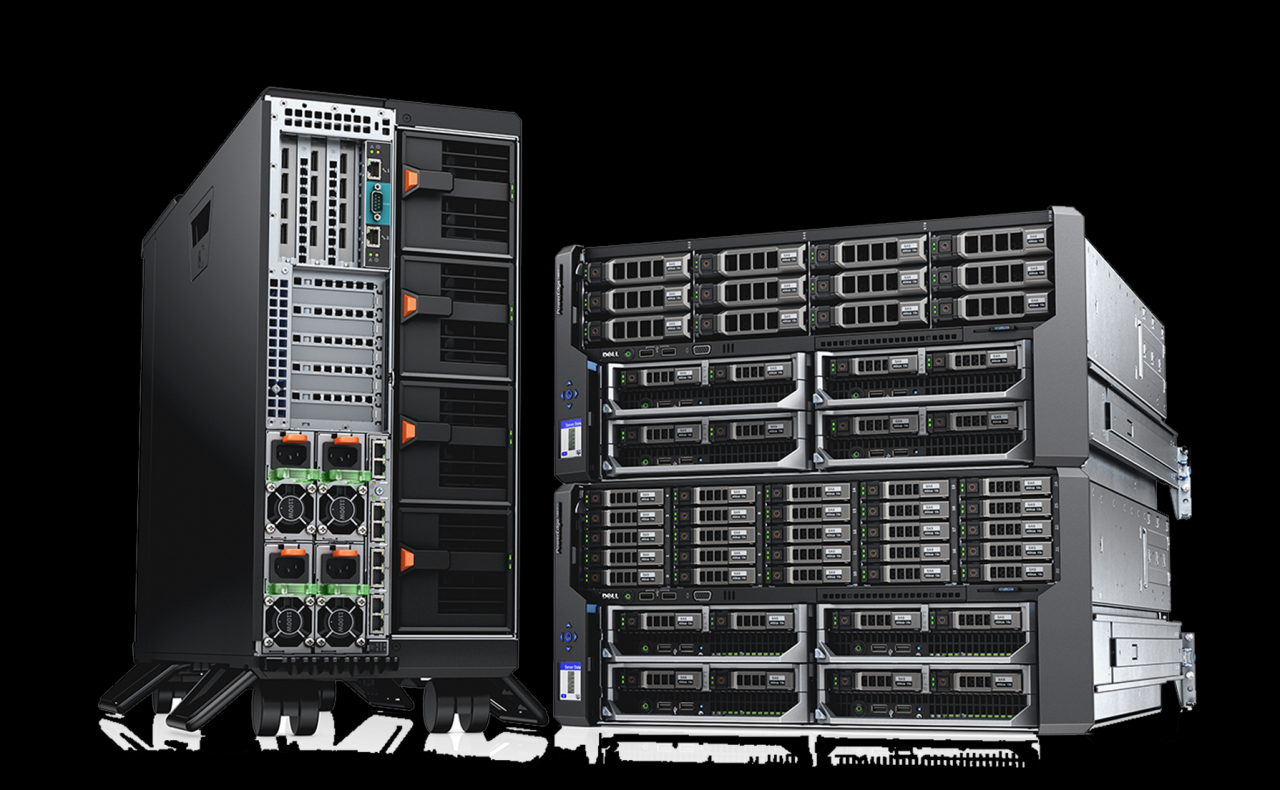A specialized server that manages resources for an entire network – In the realm of network infrastructure, a specialized server emerges as the unsung hero, orchestrating the allocation and optimization of resources for an entire network. Dive into this captivating exploration of its purpose, capabilities, and the pivotal role it plays in maintaining the seamless flow of data.
From managing diverse resource types to integrating seamlessly with network infrastructure, this specialized server stands as a cornerstone of network efficiency and security. Its advanced features and cutting-edge technologies empower network administrators to harness resources effectively, ensuring optimal performance and resilience.
Specialized Server Overview: A Specialized Server That Manages Resources For An Entire Network
A specialized server is a powerful computer designed to manage and optimize network resources for an entire network. It plays a crucial role in ensuring efficient and reliable network performance, particularly in large and complex network environments.
Key characteristics of a specialized server include high-performance hardware, specialized software, and advanced networking capabilities. It typically consists of multiple processors, ample memory, and redundant storage systems to handle the demanding workload of managing network resources.
Resource Management Capabilities
The specialized server manages a wide range of network resources, including:
- Network bandwidth
- IP addresses
- Virtual machines
- Storage capacity
It employs sophisticated algorithms to allocate and optimize these resources based on network demand and application requirements. For instance, it can dynamically adjust bandwidth allocation to prioritize critical traffic or provision additional virtual machines during peak usage periods.
The server also monitors resource utilization in real-time and provides alerts or triggers when thresholds are reached, enabling network administrators to proactively address potential issues.
Network Integration and Interoperability
The specialized server seamlessly integrates with the network infrastructure through various protocols and mechanisms. It typically supports standard network protocols such as TCP/IP, UDP, and DNS, allowing it to communicate with other network devices and applications.
Interoperability is crucial for ensuring that the server can exchange data and control information with other network components. This enables centralized management and coordination of network resources, improving overall network efficiency and reliability.
Security Considerations, A specialized server that manages resources for an entire network
Managing network resources involves significant security risks, including unauthorized access, data breaches, and malicious attacks. The specialized server implements robust security measures to protect against these threats:
- Authentication and authorization mechanisms
- Encryption of sensitive data
- Firewall and intrusion detection systems
Additionally, the server follows best practices for securing network resources, such as regular security updates, vulnerability assessments, and adherence to industry standards and regulations.
Final Thoughts

As we conclude our journey into the realm of specialized servers, it’s evident that these technological marvels are the backbone of modern networks. Their ability to manage resources efficiently, enhance security, and adapt to evolving network demands makes them indispensable assets.
As technology continues to advance, specialized servers will undoubtedly play an increasingly pivotal role in shaping the future of network infrastructure.
Commonly Asked Questions
What is the primary function of a specialized server in network resource management?
A specialized server acts as the central hub for managing and optimizing various resources within a network, ensuring efficient allocation and utilization.
How does a specialized server enhance network security?
Specialized servers implement robust security measures to protect against unauthorized access, malicious attacks, and data breaches, safeguarding the integrity of network resources.
What techniques are employed by specialized servers to optimize performance?
Specialized servers leverage load balancing, caching, and resource allocation strategies to maximize performance, ensuring smooth and responsive network operations.